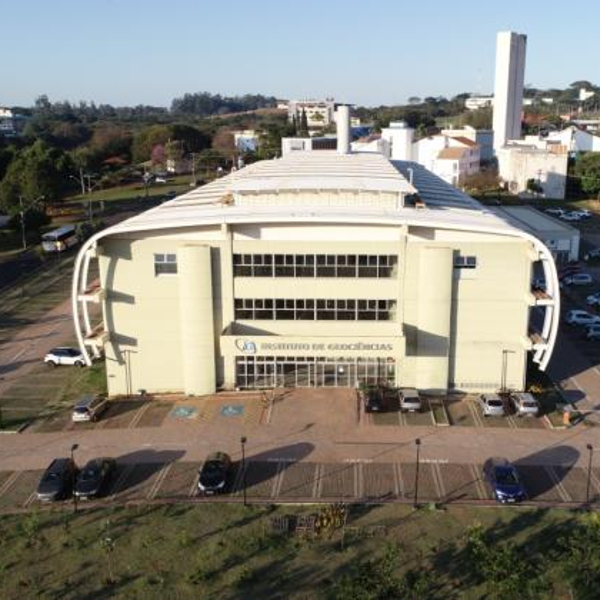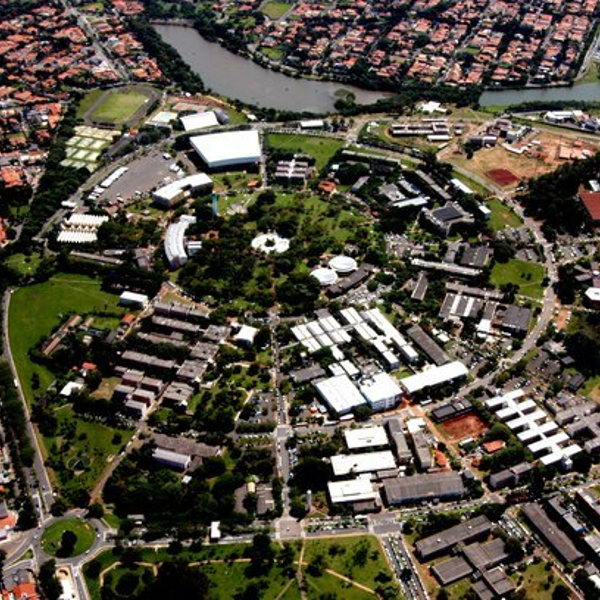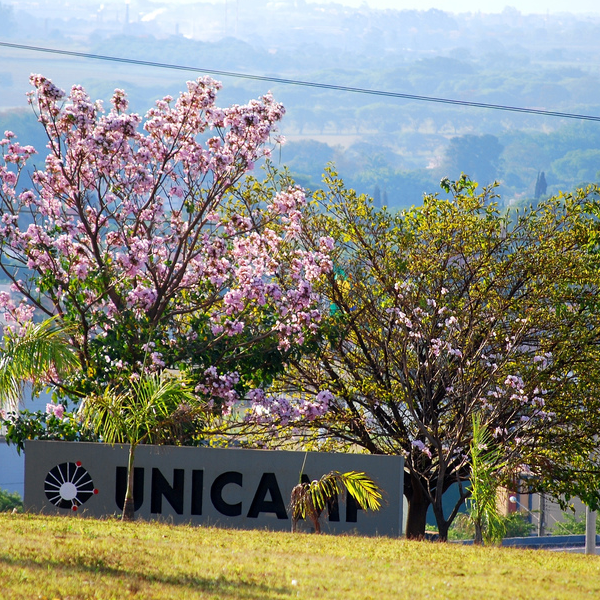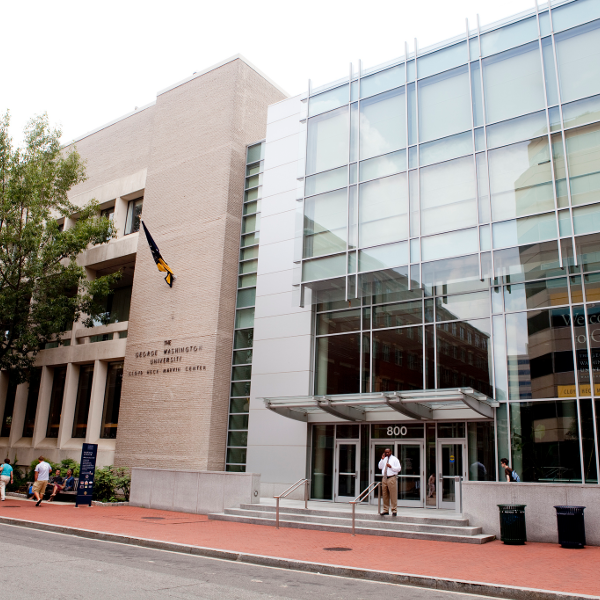InSySPo emphasis
Doctoral and post-doctoral training is a core part of InSySPo with several positions to be announced in its duration (see annoucements in the sidebar on the left). All these positions are international aiming at attracting to UNICAMP strong talent from all over Brazil and abroad. The programme promotes academic research, publications in refereed journals and books, grant and contract work, executive training, seminars and workshops, and public engagement in the form of advising to both governments and the private sector thus extending the already significant engagement of UNICAMP with both sectors. The InSySPo project will also organize five international workshops and two conferences during its first five years.
The emphasis on internationalization underscores the strong interest of InSySPo to engage in research collaboration with foreign entities, including research organizations as well as the private sector. InSySPo is especially interested in making connections to the developed world including the United States, the European Union, East and South-East Asian countries like Japan, Korea, and Singapore, as well as Australia and New Zealand. Moreover, the programme is very much interested in engaging with emerging economies – BRICS and beyond. Traditionally strong ties with academic institutions in Latin American countries will be reinforced.
InSySPo aspires to engage in global research and has the capability to leverage international funding with resources from the State of São Paulo (FAPESP) or from national organizations such as CNPq.
Thematic Concentration
It is now generally accepted that innovations are the most important sources of long-run productivity growth, they also greatly influence employment creation and destruction, and they have a large (negative and positive) impact on the environment, social wellbeing and security. Different kinds of innovations influence these socioeconomic and political variables in different ways – for example product innovations, on balance, create jobs and process innovations destroy jobs; both increasing productivity at the same time. The mechanisms through which innovations influence growth also vary between different categories of innovation. Therefore, the general category “innovation” should be divided into different categories, and each category should be analyzed with regard to their determinants and consequences . It is the consequences of (different kinds of) innovations we are interested in, after all, rather than the innovations themselves.
The set of research activities in InSySPo includes analyzing innovation processes, their determinants and consequences. The analytical methodologies are theory-based, with a special focus on interdisciplinary approaches that can contribute to the development of advanced applied methods to study innovation systems – national, regional, and sectoral – and, more generally, to study innovation policies and strategies.
A dominant focus of InSySPo is on issues related to Innovation Policies and Strategies, such as:
• Objectives of innovation policies: both ultimate (political) objectives in terms of the different kinds of consequences mentioned above, but also direct objectives expressed in terms of innovation intensities (or propensities to innovate) – which can actually be influenced by innovation policy instruments.
• Objectives and practices of innovation by organizations.
• Rationales for public policy intervention.
• Rationales for decision-making in organizations.
• Measurement of innovation performance in order to be able to identify problems to be mitigated by policies and strategies.
• Causes of policy and strategy problems and instruments to mitigate or solve them.
• Instrument mixes, custom-designed for the problem to be mitigated.
• Demand-side innovation policy instruments, such as public procurement for innovation that can be used to mitigate grand global challenges (climate, energy, health, transport, etc), but also enhance national competitiveness.
• Implementation of innovation policies and its practices.
• Implementation and management of innovation practices and routines in organizations.
• Policy learning based on the evaluation of policies pursued.
• Multidimensional impacts of innovation processes
Within the broad thematic concentration above, the program is structured around four Research Trajectories under the umbrella of system innovation:
Each research trajectory is subdivided into a set of specific multi-year research paths with attached research deliverables in the form of research articles, books, edited volumes, reports, and Ph.D. dissertations.











